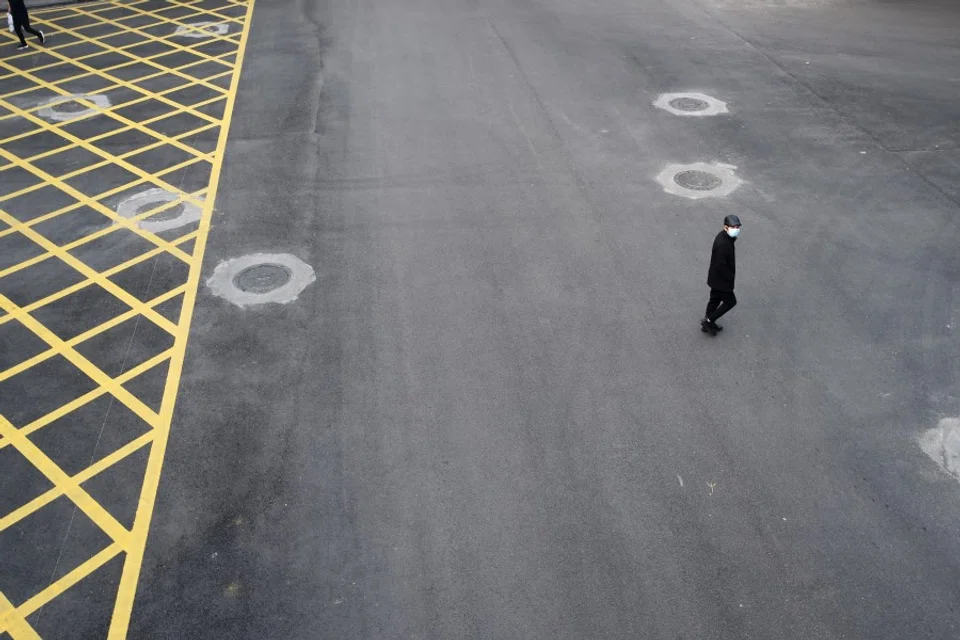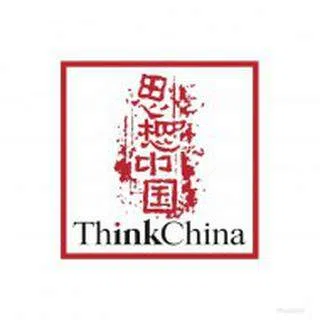Covid-19 epidemic exposes China's shortcomings
Researcher and commentator Wei Da says the recent coronavirus situation serves to remind China that self-reflection and finding the right balance between four key variables - democracy, scientific thinking, rule of law and religion - are greatly needed.

Where do China's system and social governance fall short, in terms of the needs of today's society? The answer has been known for about a century - lack of democracy and scientific thinking, as well as rule of law and religion, to complement and balance each other. These four fundamental elements or truths are uncomplicated, with clear meaning and direction, and have plenty of examples.
But China has met with obstacles and difficulties in putting these elements in place and overcoming its shortcomings; each step has been difficult. In times of crisis, its lack of understanding of these truths and inability to make up for its flaws are especially obvious.
... why is it that [China's] shortcomings have been exposed for 100 years, but it still has not overcome them?
Take for example the current Covid-19 epidemic. With democracy, whistleblowers would be encouraged and not suppressed, for faster notifications and alerts. With science, there would be less blind following in knowledge and policy-making, and more logical and rational judgement, with objective action. As for the rule of law and religion, they would strengthen awe and respect for rules, law, nature, and life. They would check and prevent abuse of power, greed and unbridled speech. This would lead to rationality and graciousness in overcoming lack of shame, foolishness, and uncivilised behaviour.
And so, China has to face the question of the century: why is it that its shortcomings have been exposed for 100 years, but it still has not overcome them? I think the answer lies in the inherent flaws in its culture and tradition, the Chinese people's weak and crass outlook on the world and of life, and the nonchalant, narrow-mindedness of its elite, which have crippled the quest for rationality and the capacity for experimentation.

Chinese culture and tradition seriously lacks modern elements of democracy, science, rule of law, and religion. But humans are highly sentient beings that are good at learning. If we can learn about planes, cannons, tanks, TVs, refrigerators, and computers, can we not learn those four elements?
Some say, we will not take these on board wholesale; we want our own unique characteristics. This is actually an excuse that explains why it has been so difficult for the four elements to take hold. Because the rule of learning is that at the start one has to emulate; only after that can one's unique characteristics be developed. For example, when China was developing aircraft carriers, wasn't the first one, the Liaoning, made using the shell and structure of a Ukrainian carrier? And without the Liaoning, would there be other China-produced carriers?
What is the true source of strength for a country, a people, a civilisation?
The backwardness of society is due to the fact that while China is fully aware that it can learn to modernise, it avoids and rejects it, refusing to learn from others' experiences, thus exacerbating its own sluggish development - that has to do with the Chinese people's weak and crass outlook of the world and of life. What are the needs and trends of today's world and society? Do we find the meaning of life and humanity's progress in the flaunting of wealth and power, or should it be about the growth and development of the individual's existential values and characters in all possible manners? What is the true source of strength for a country, a people, a civilisation? Is it one authoritarian power that looks strong but is, in fact, fragile; or billions of resolute, prudent, independent people with a free mind?
China needs to rise again and rejoin the ranks of the world powers. But the problem is, one cannot arrive at the destination without setting the path. If the path is wrong, the destination turns into a mirage. A Chinese academic working in the UN said, "Recently I have been working with people of different nationalities, and I often feel regretful and guilty, because in modern times, China has not offered the world any good inventions or innovations. But now the world is in a chaotic state because of Covid-19." Such self-awareness is the beginning of self-reform and self-transcendence.
In the last couple of years, friends from Wuhan have sent me some official publicity clips of Hubei and Wuhan. These clips are beautifully produced, but the focus is on scenery and buildings - seldom on people. A city or province that has lost a sense of caring for each living person is only striding towards crisis and disaster. What happened to Dr Li Wenliang - who died of Covid-19 after trying to warn his people about it - is the most vivid example of today's dysfunctional Wuhan society.

From early December 2019 to mid and late January 2020, the slow and failed institutional reactions in China led to the missed window to prevent and control the Covid-19 epidemic. China has always claimed that one of its strengths is to "do great things with concentrated power" (集中力量办大事), but one of the lessons in this epidemic is that people can come together but achieve nothing.
And why is nothing achieved? Mainly because of the fatal lack of democracy, science, rule of law, and religion. China cannot get around these shortcomings, and will have to steel itself for extra lessons, otherwise it will face more severe consequences, or even be "unworthy of Earth's membership" (开除球籍, as proclaimed by Mao Zedong).
Note:
On 30 August 1956, at a preparatory meeting for the 8th National Congress of the Communist Party of China, Mao Zedong called for rallying all forces to build China, otherwise, they would be "unworthy of Earth's membership".
Mao said China had 600 million people, and there was only one China on Earth. Previously, China was not respected because it was making no contributions, and the US had been the strongest capitalist country.
Mao continued: "China has so many people and is so big with such rich resources, and it is working on socialism, which is supposed to be good. But if we cannot overtake the US in 50 or 60 years, what would that look like? You would be unworthy of Earth's membership."





![[Photos] Fact versus fiction: The portrayal of WWII anti-Japanese martyrs in Taiwan](https://cassette.sphdigital.com.sg/image/thinkchina/3494f8bd481870f7c65b881fd21a3fd733f573f23232376e39c532a2c7593cbc)